D’Annunzio and Abruzzo
The fascinating territory of Abruzzo was a fundamental element for Gabriele D'Annunzio, who always maintained an indissoluble bond with his homeland.
The poet spent his early years in Pescara, the place of his birth, in a building that can still be visited today. The house houses the 'Casa Natale di Gabriele D'Annunzio' (Gabriele D'Annunzio's birthplace) museum, where it is possible to immerse oneself in 19th century atmospheres and evocative memories evoked by the objects and furnishings that belonged to his family. In the next part, it is possible to view photos, books and documents related to the fascinating figure of the poet.
Two other places dear to D'Annunzio are the Abbey of San Clemente a Casauria, of considerable artistic interest, and the Michetti Convent in Francavilla. The importance that the Abbey represented for D'Annunzio is evidenced by one particular passage in his work 'Il Trionfo della Morte' (The Triumph of Death), in which the writer describes this place in great detail and depth, wishing he could offer his deceased mother a tomb within the beautiful Abbey.
On the other hand, the Convent of Santa Maria del Gesù founded in 1430, better known today as the Michetti Convent, is a place where the Vate spent time with many artists of the time. This centre in the 1880s had in fact become a place where many literati shared their ideas.
Another magical place that confirms the Vate's love for the Abruzzi region and in particular for the environments linked to the Adriatic Sea is certainly San Vito Chietino. In this small town, located on the Costa dei Trabocchi, the writer spent the summer of 1889 together with his lover Barbara Leoni, in a dwelling now known as the eremo d'annunziano. The landscape of the Teatina coast was for D'Annunzio a source of inspiration for many pages of The Triumph of Death. It is truly moving to read the writer's extraordinary and passionate descriptions and to admire those same places today, in reality, that have survived the passing of the years and modernity.
Abruzzo has thus deeply marked the history of D'Annunzio, who expressed to the world his bond with a magical land, rich in history, culture and natural beauty. A land capable of conquering, in those who spend time there, a privileged place in their memories.

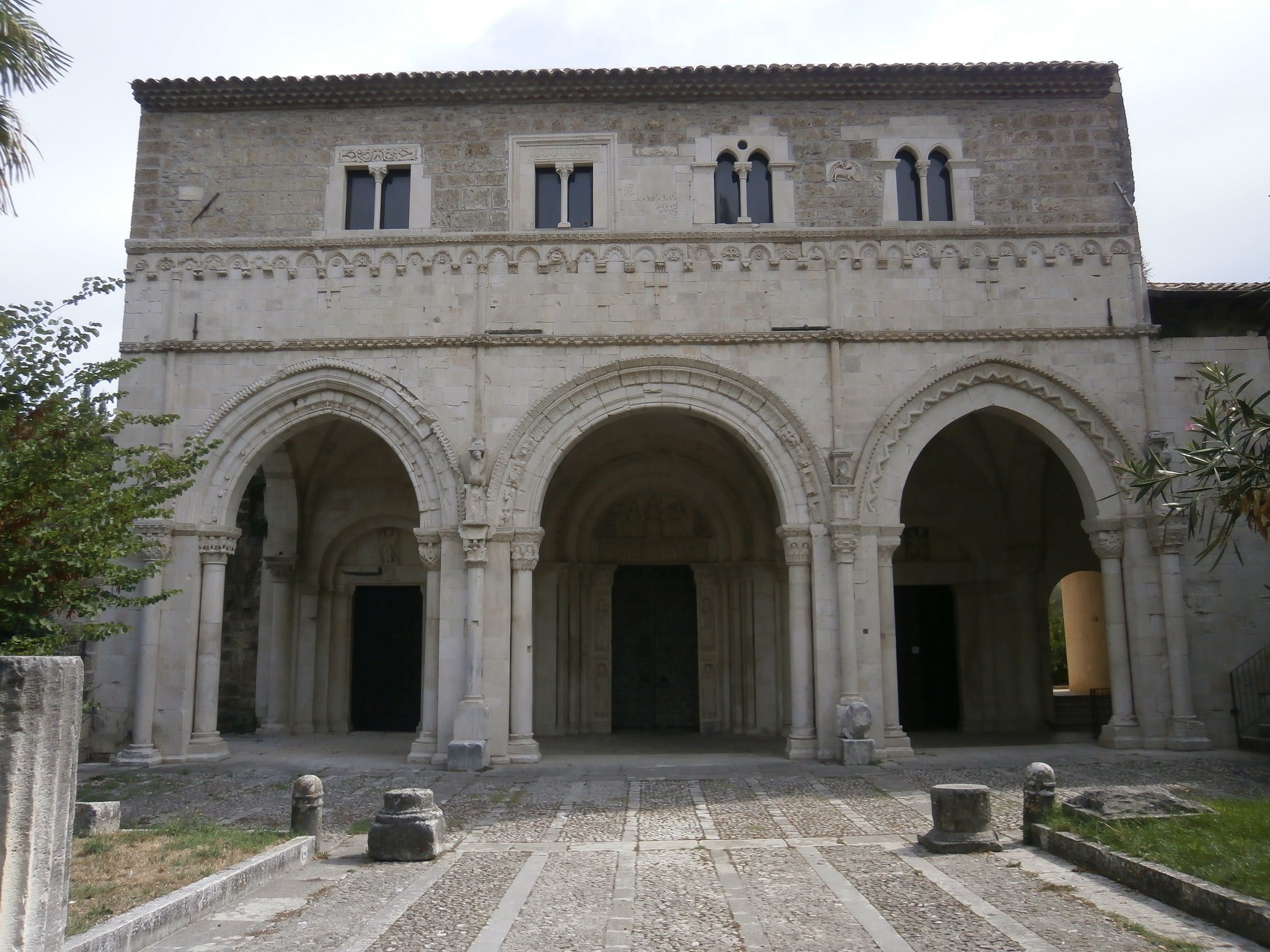
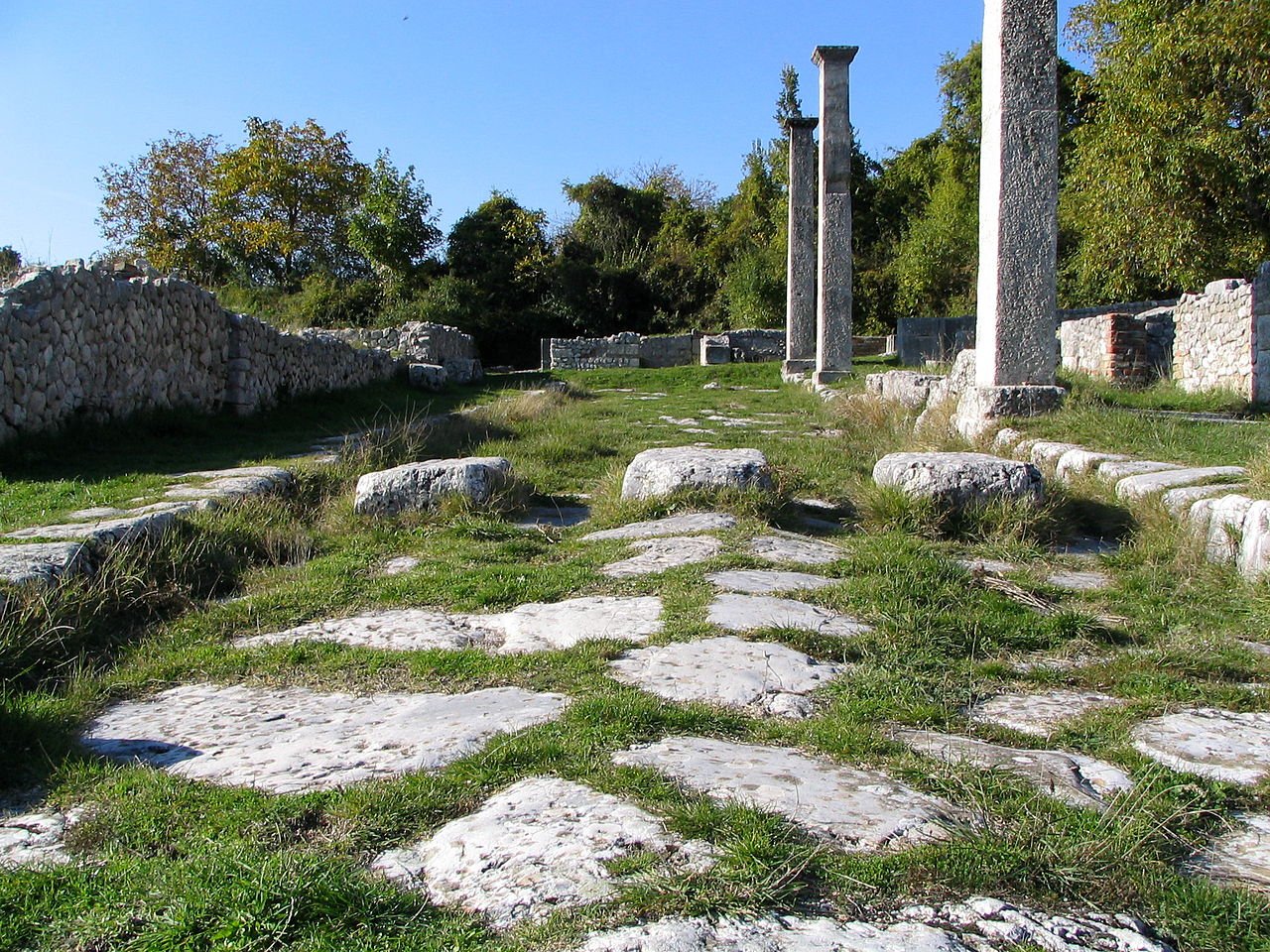
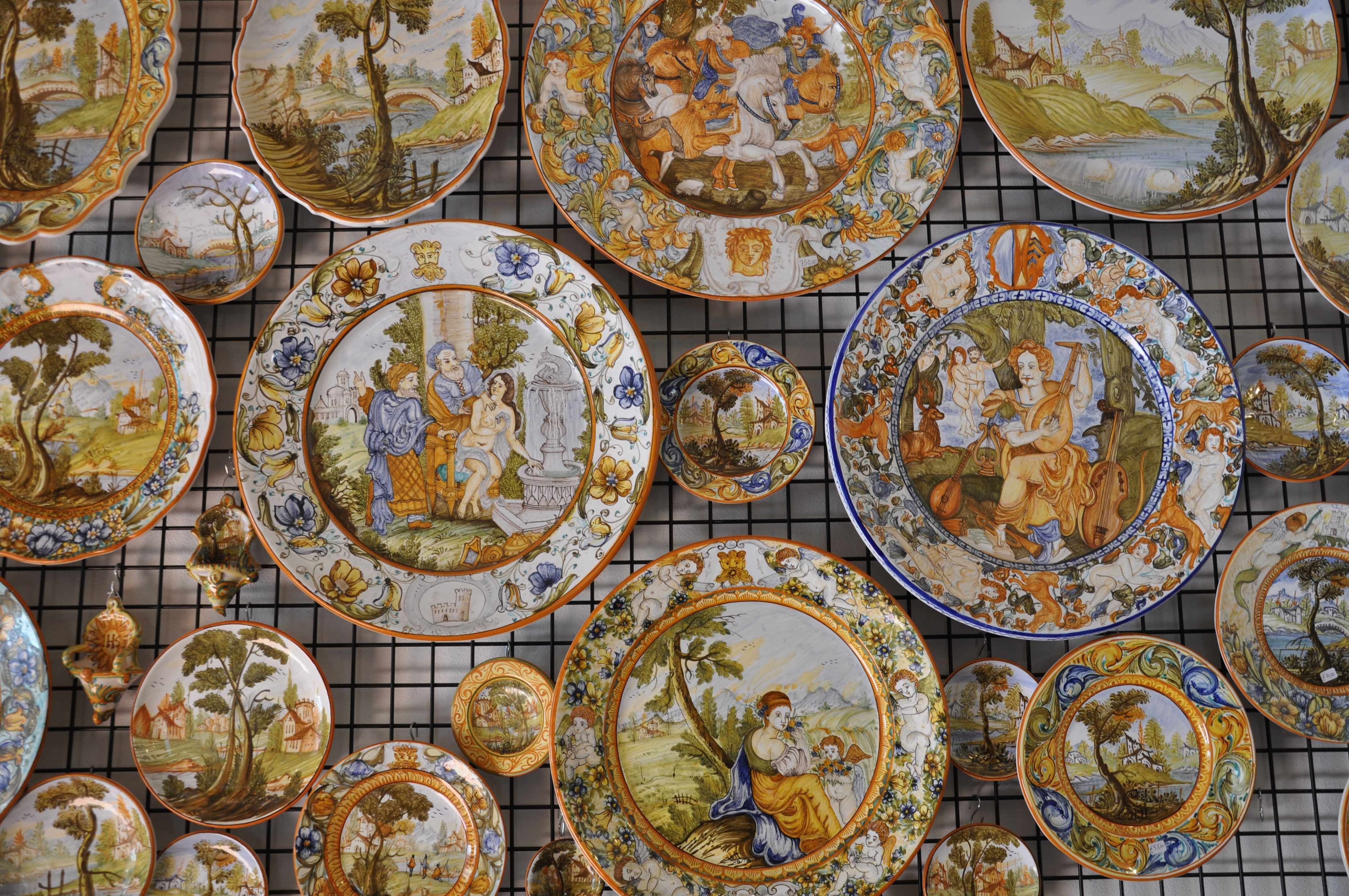

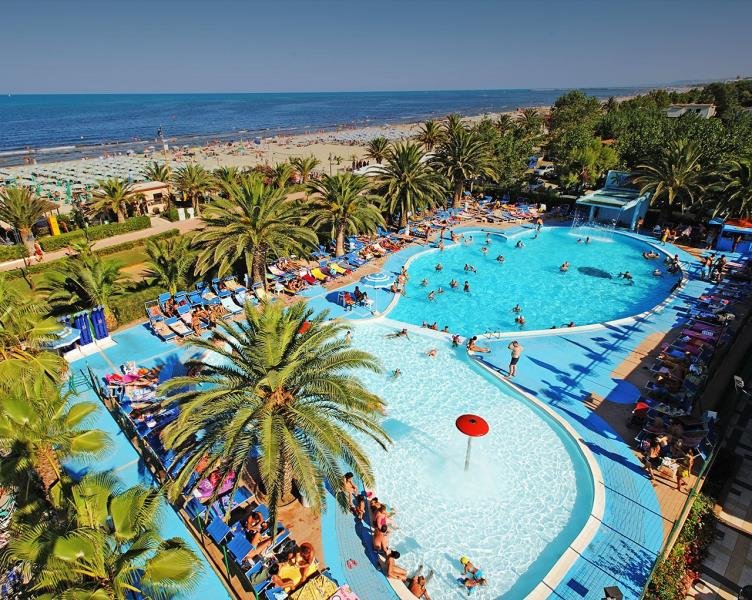
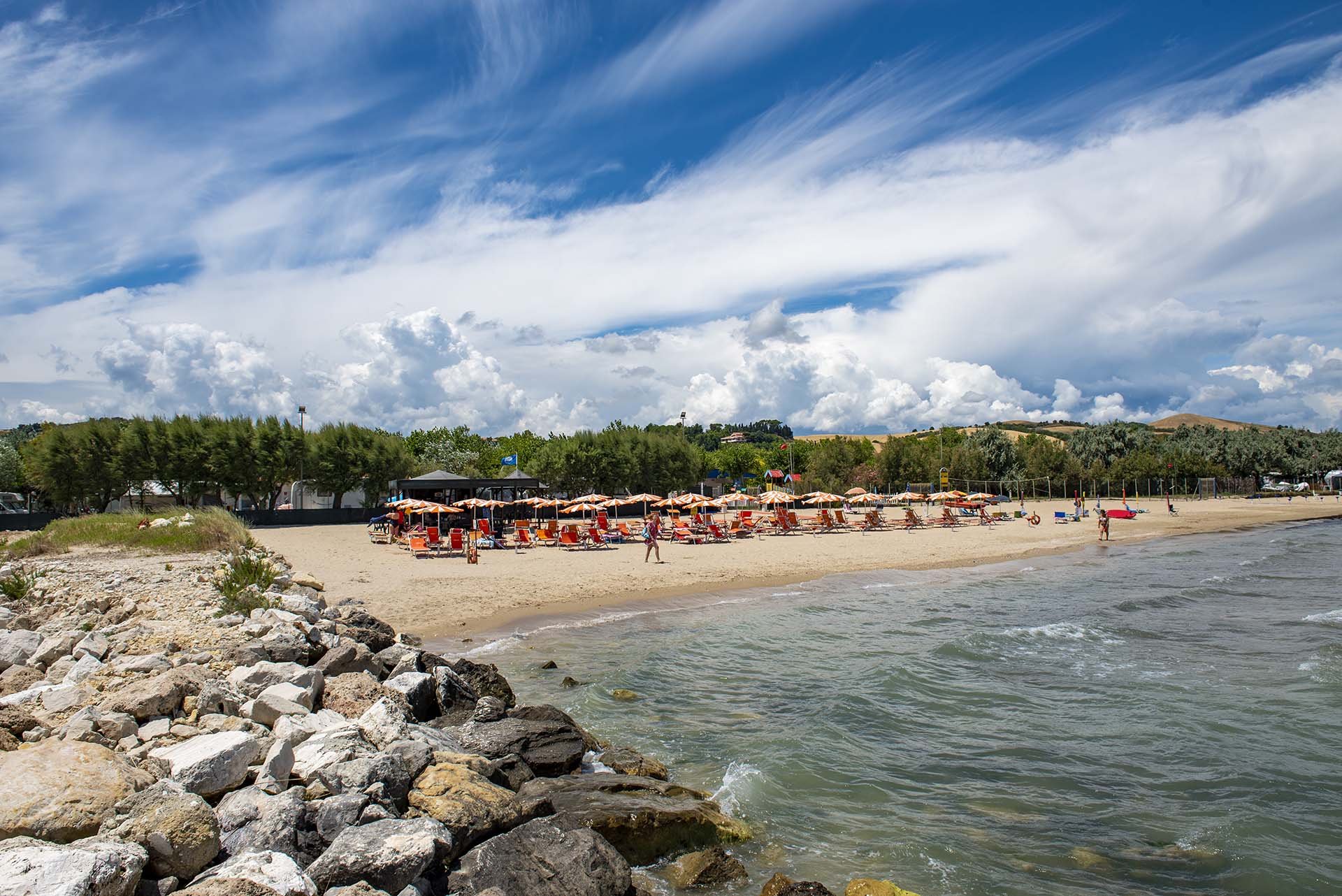

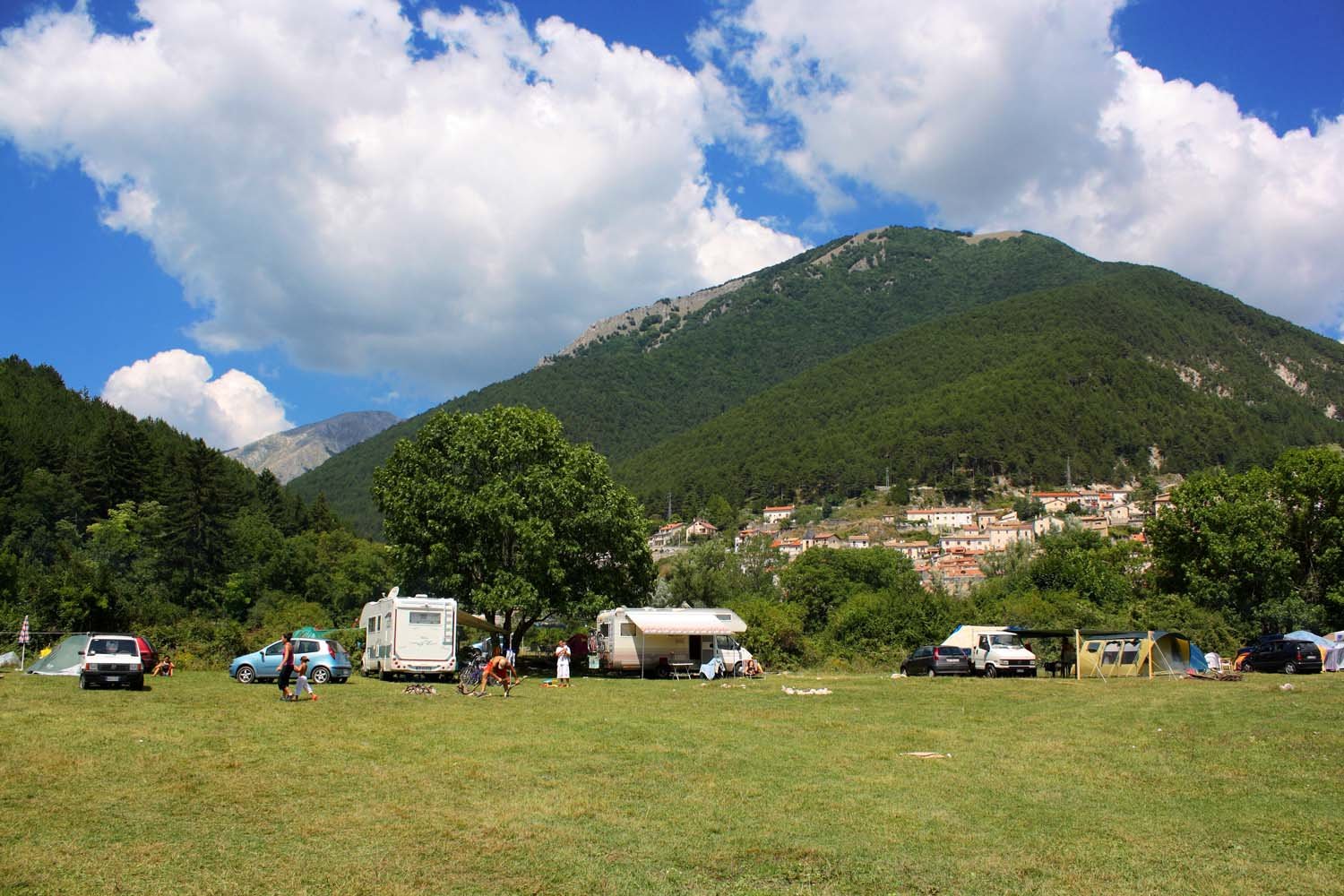
 IT
IT EN
EN DE
DE